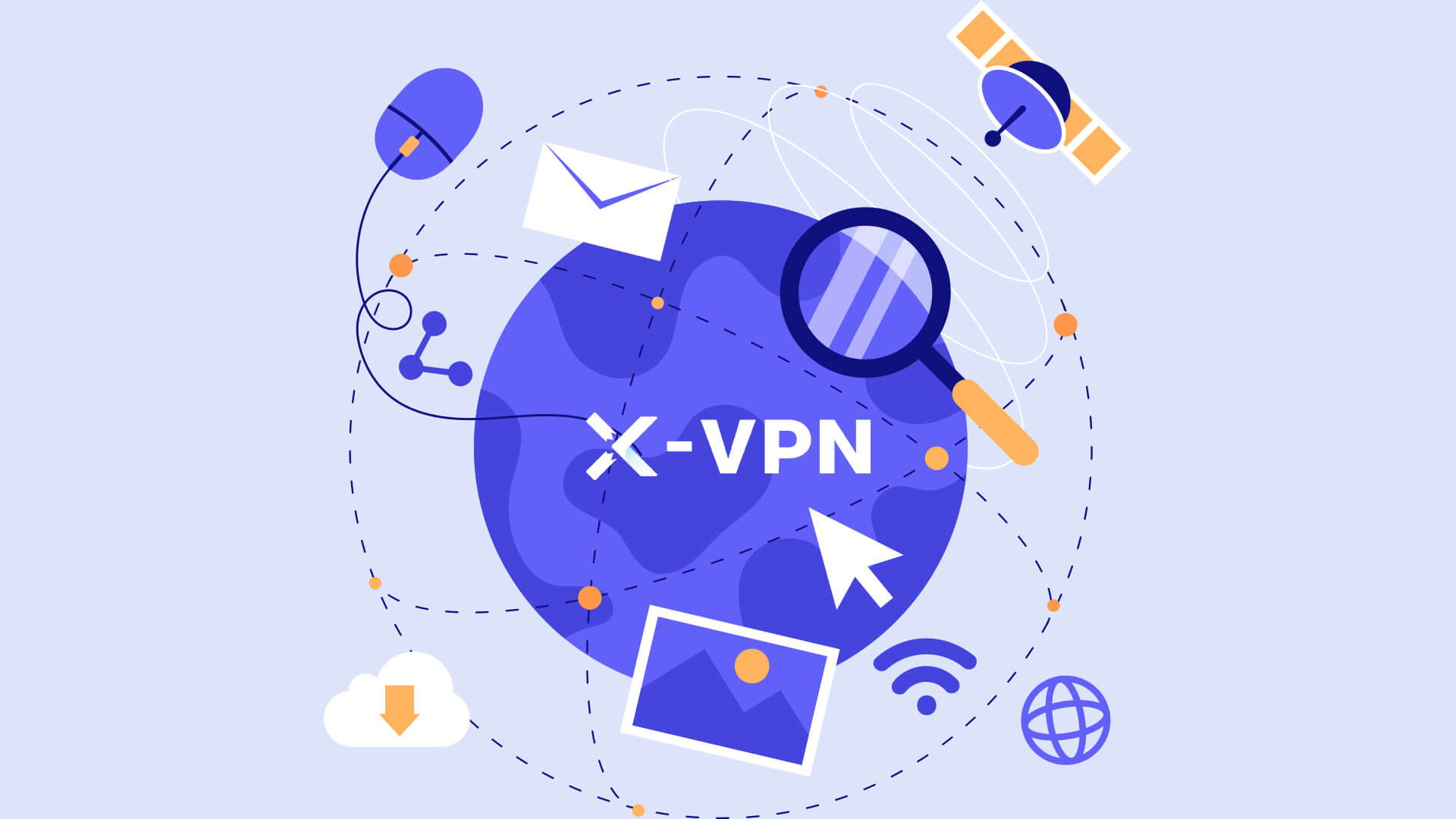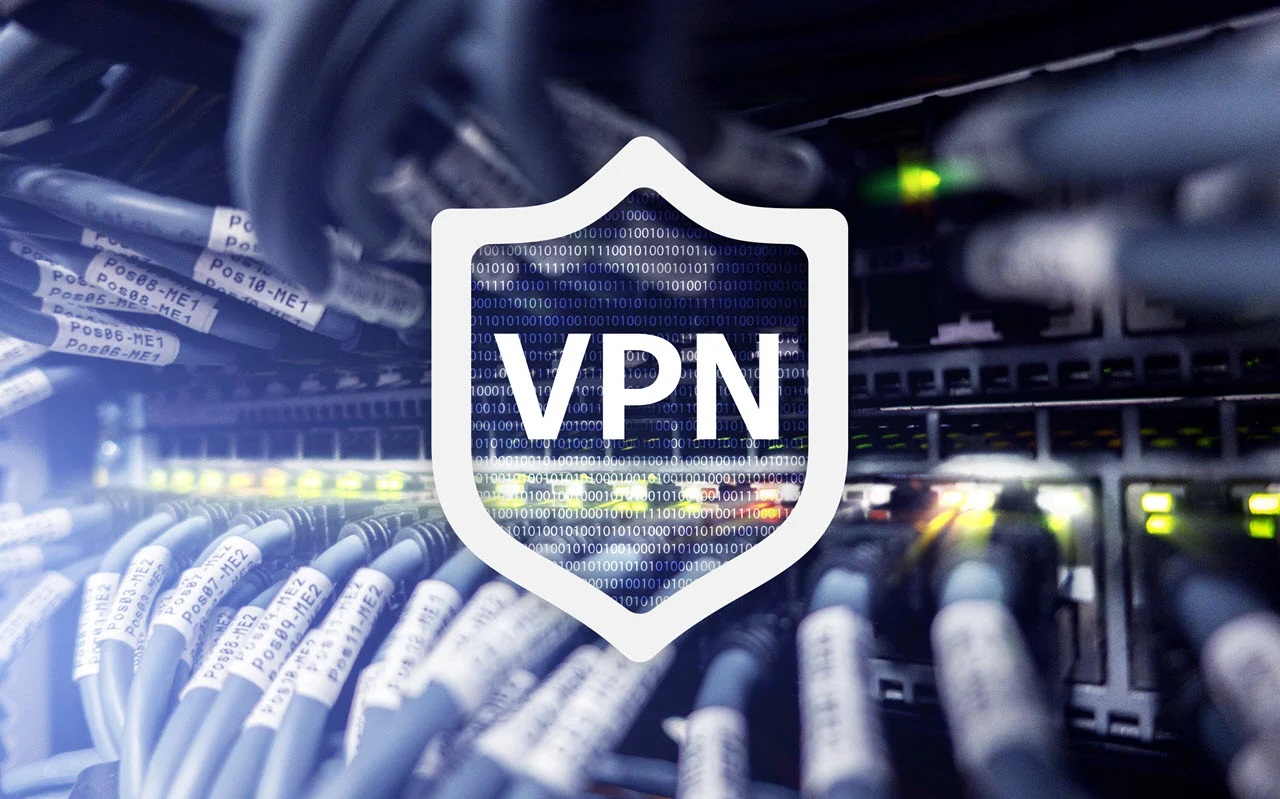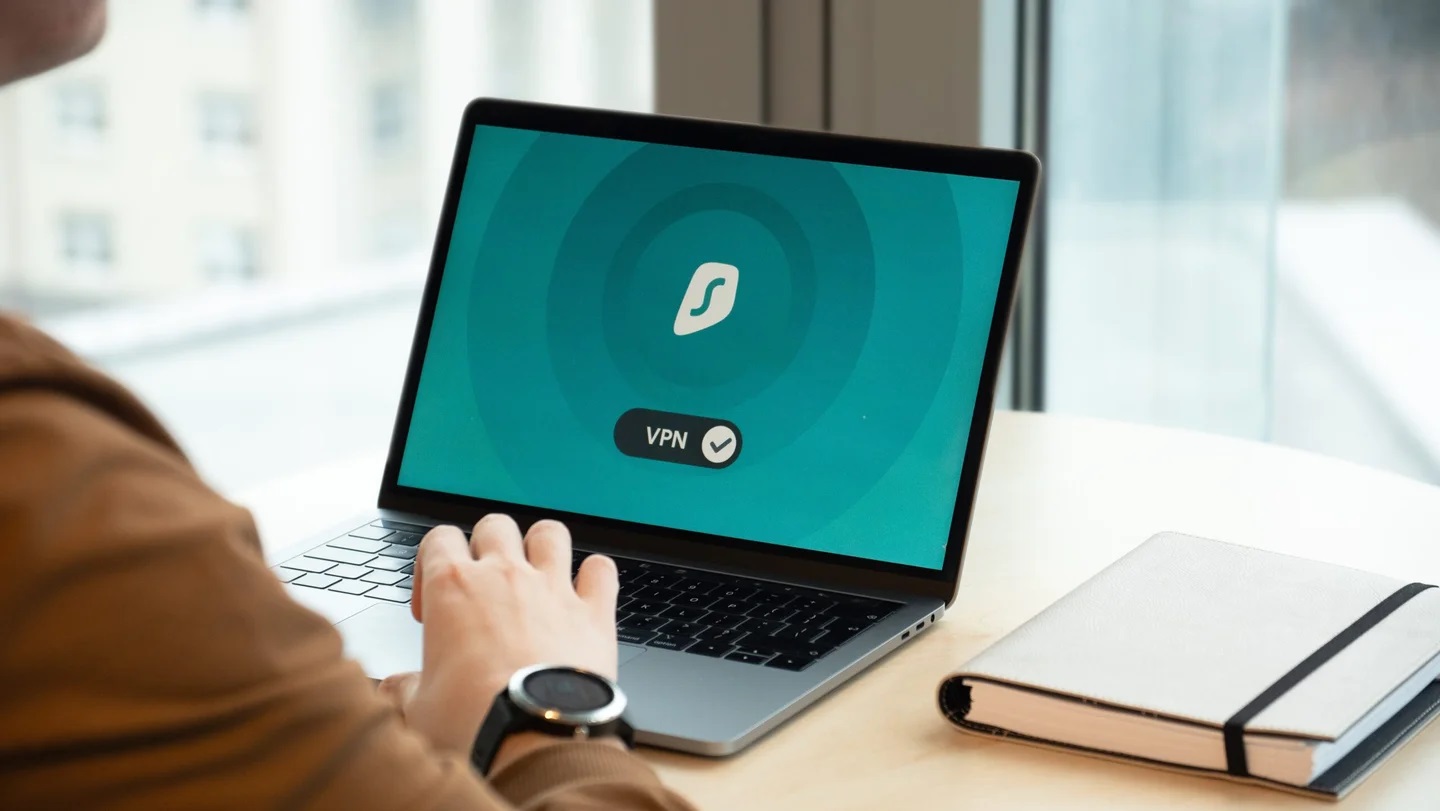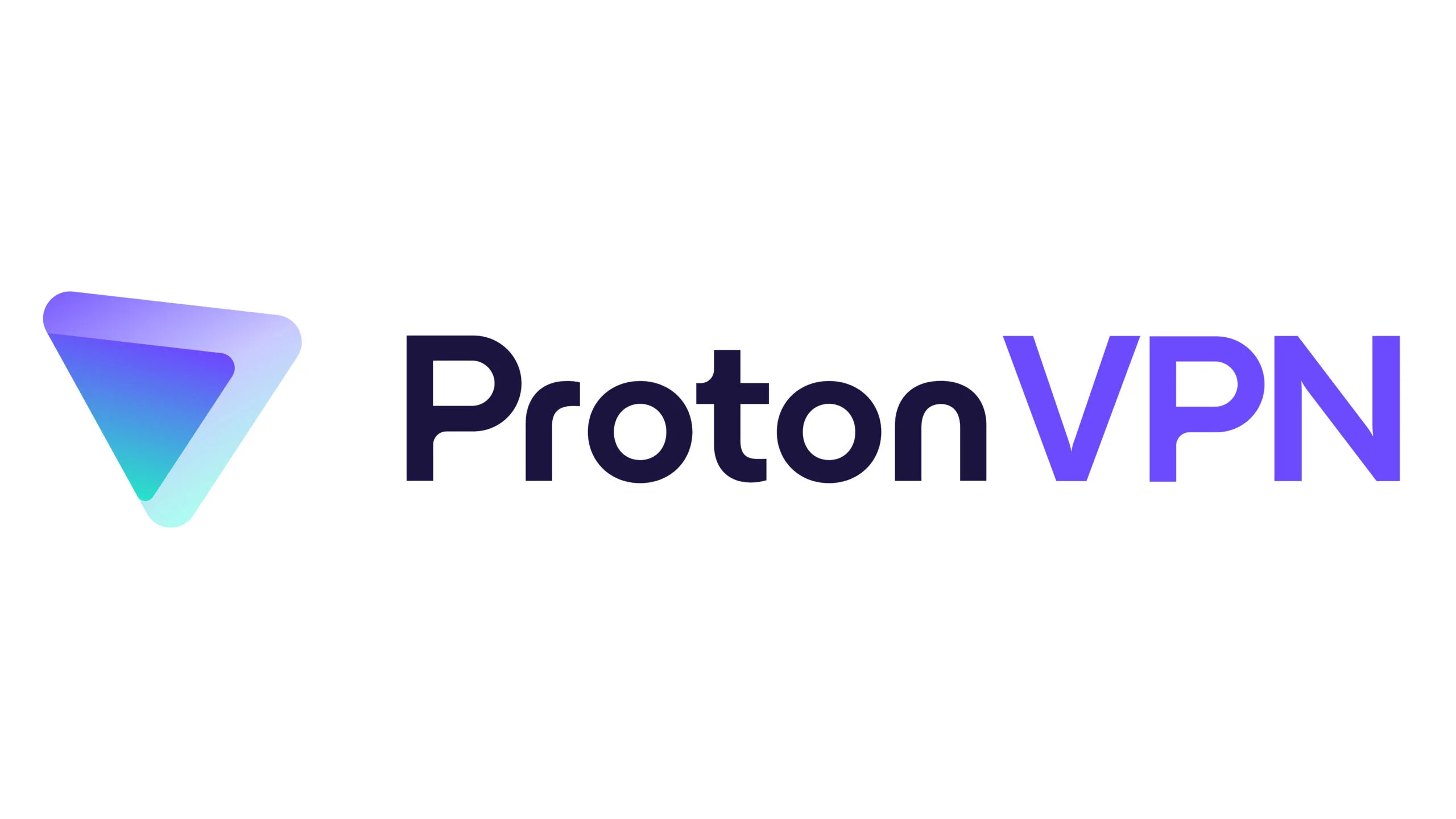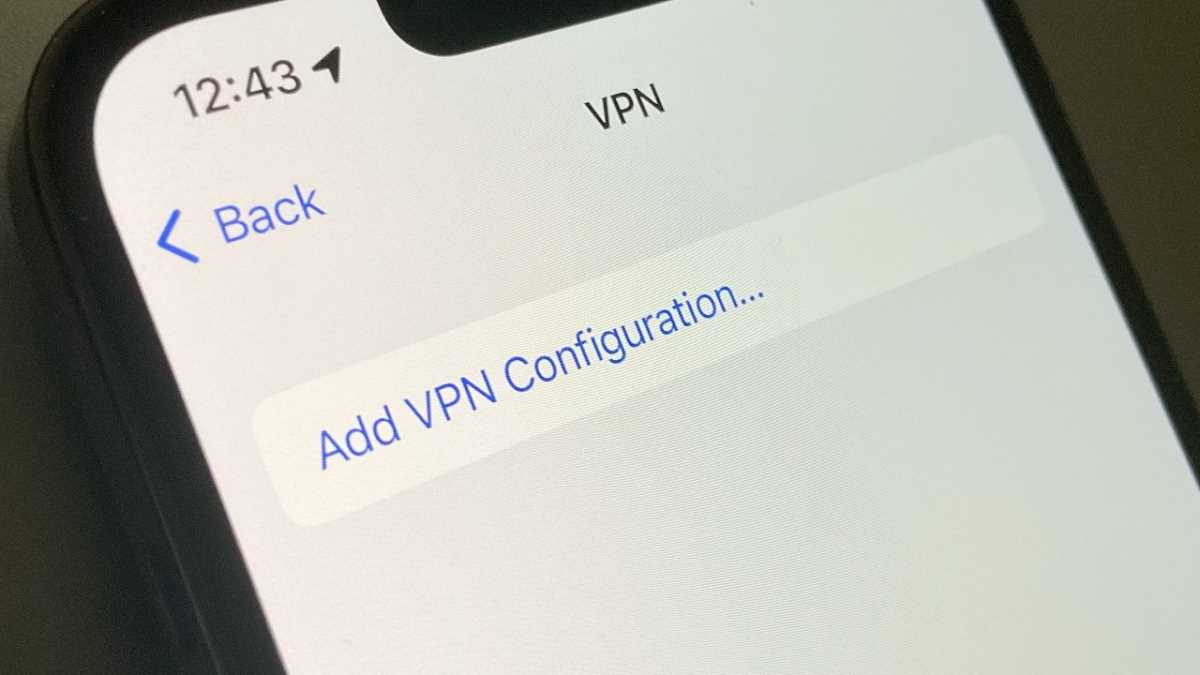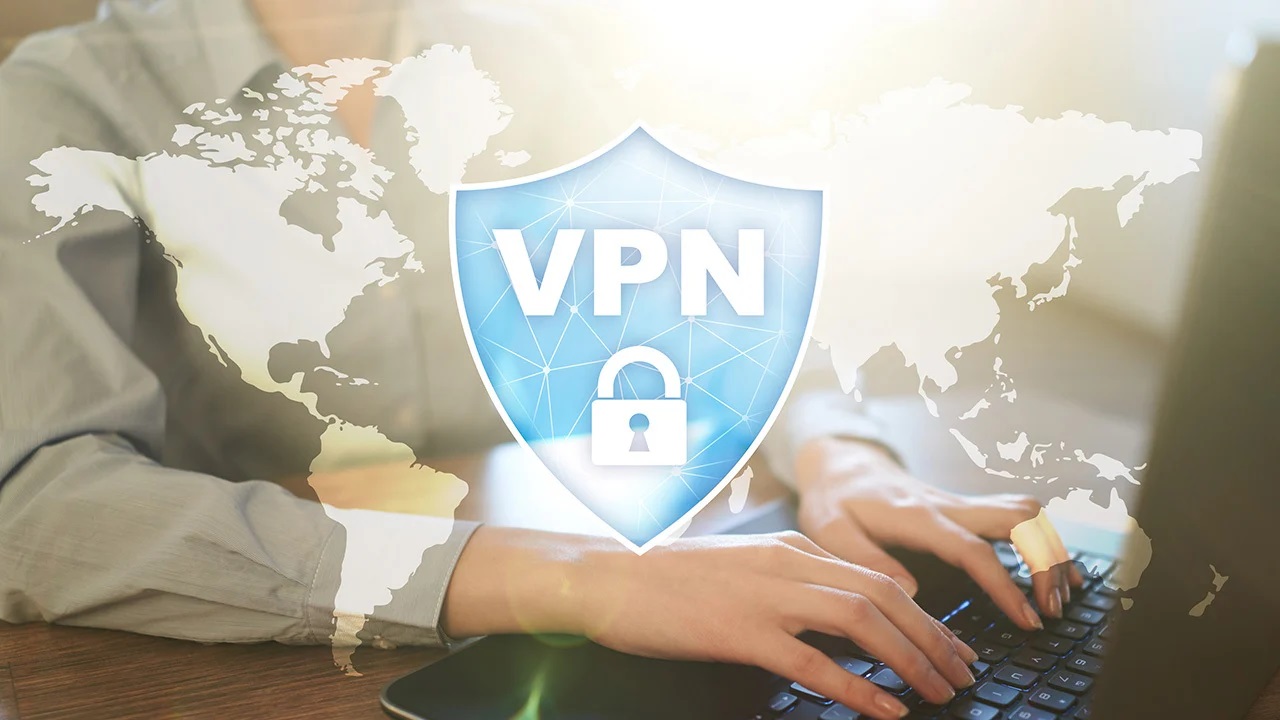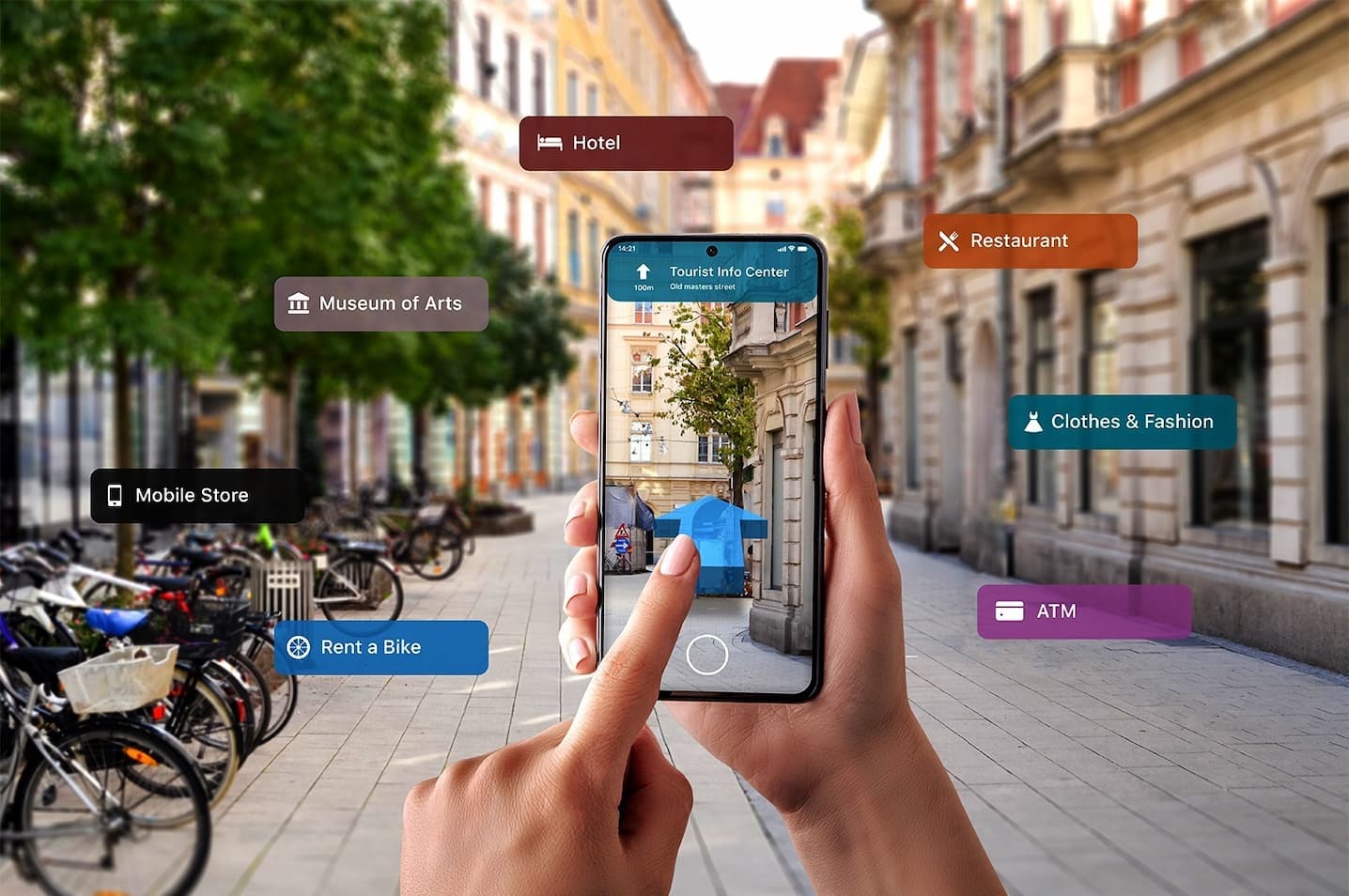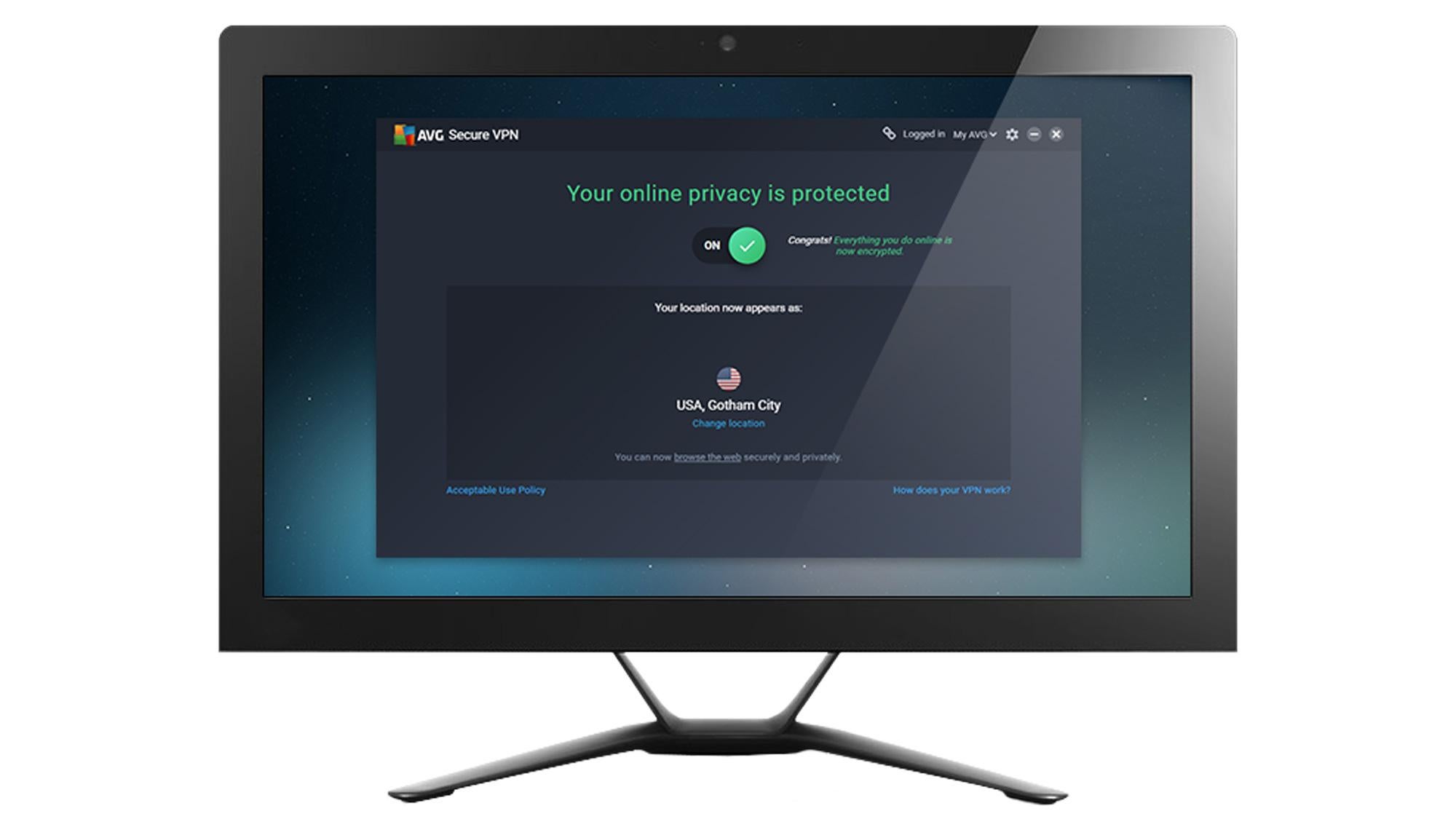Home>Software and Apps>What Is A VPN Gateway


Software and Apps
What Is A VPN Gateway
Modified: September 5, 2024
Learn how software and apps use a VPN gateway to securely connect to a private network and protect data. Explore the benefits and best practices.
(Many of the links in this article redirect to a specific reviewed product. Your purchase of these products through affiliate links helps to generate commission for Techsplurge.com, at no extra cost. Learn more)
Table of Contents
What Is a VPN Gateway?
A VPN (Virtual Private Network) gateway is a critical component in the architecture of a VPN solution, serving as the entry point for users to access a secure, encrypted network over the internet. This article explores VPN gateways, their functions, types, and their role in ensuring secure and private communication over the internet.
Read more: In A 2021 Report, What Is The Backdoor Password Found In Zyxel Firewalls And VPN Gateways?
What is a VPN?
Before diving into VPN gateways, understanding VPNs is essential. A VPN creates a secure, encrypted connection between a user's device and a VPN server. This connection masks IP addresses, making it difficult for third parties to track online activities. Individuals and organizations commonly use VPNs to protect sensitive information, bypass geo-restrictions, and maintain anonymity online.
Components of a VPN
A typical VPN setup consists of several key components:
- VPN Client: Software or application installed on the user's device (such as a laptop, smartphone, or tablet) that connects to the VPN server.
- VPN Server: The server that hosts the VPN service and manages connections from multiple clients.
- VPN Gateway: Connects the VPN server to the internet and manages traffic between the VPN network and the public internet.
Functions of a VPN Gateway
A VPN gateway performs several critical functions:
- Encryption: Encrypts all data passing through, ensuring that intercepted data cannot be read or understood by unauthorized parties.
- Authentication: Authenticates users before allowing them to connect to the VPN network, ensuring only authorized users can access the network.
- Routing: Routes traffic between the VPN network and the public internet, ensuring data is directed to the correct destination.
- Firewalling: Many VPN gateways include firewall capabilities to block malicious traffic and protect the network from unauthorized access.
- Load Balancing: Some advanced VPN gateways can distribute incoming traffic across multiple servers to ensure high availability and performance.
Types of VPN Gateways
Several types of VPN gateways exist, each designed to meet specific needs:
- Hardware-Based VPN Gateways: Physical devices specifically designed to handle VPN traffic. Often used in enterprise environments where high security and performance are required.
- Software-Based VPN Gateways: Virtual appliances that run on standard hardware. More flexible and cost-effective than hardware-based gateways but may not offer the same level of performance.
- Cloud-Based VPN Gateways: Hosted in cloud environments, providing scalability and flexibility. Ideal for organizations with dynamic workforces or those needing to quickly deploy VPN services.
- Hybrid VPN Gateways: Combine elements of hardware and software-based solutions, offering the best of both worlds in terms of performance and flexibility.
Read more: What Is A VPN On A Phone
Setting Up a VPN Gateway
Setting up a VPN gateway involves several steps:
- Choosing the Right Hardware/Software: Selecting appropriate hardware or software based on the organization's needs is crucial.
- Configuring the Gateway: Includes setting up encryption protocols, authentication methods, and firewall rules.
- Deploying the Gateway: The gateway can be deployed on-premises or in the cloud, depending on the organization's infrastructure.
- Testing the Connection: Ensuring the VPN connection is stable and secure is essential. This involves testing the connection from multiple devices and locations.
Best Practices for Managing VPN Gateways
Managing a VPN gateway effectively is crucial for maintaining security and performance:
- Regular Updates: Keeping the gateway software up-to-date with the latest security patches and updates is vital.
- Monitoring Traffic: Regularly monitoring traffic to detect any anomalies or potential security threats.
- Auditing Logs: Keeping detailed logs of all activities can help in troubleshooting issues and identifying potential security breaches.
- User Management: Properly managing user access and permissions ensures only authorized users can access the VPN network.
Security Considerations
Security is a top priority when it comes to VPN gateways:
- Encryption Protocols: Using strong encryption protocols such as AES-256 is essential for protecting data.
- Authentication Methods: Implementing robust authentication methods such as multi-factor authentication can significantly enhance security.
- Firewall Configuration: Configuring firewalls to block malicious traffic is crucial for preventing unauthorized access.
- Regular Audits: Conducting regular security audits can help identify vulnerabilities and ensure compliance with security standards.
A VPN gateway is a critical component in any VPN solution, providing the necessary security and functionality to ensure private and secure communication over the internet. Understanding the functions, types, and best practices for managing VPN gateways is essential for organizations looking to implement a robust VPN solution. By following the guidelines outlined in this article, organizations can ensure that their VPN gateway is secure, efficient, and meets their specific needs.




